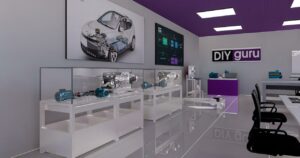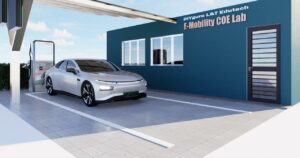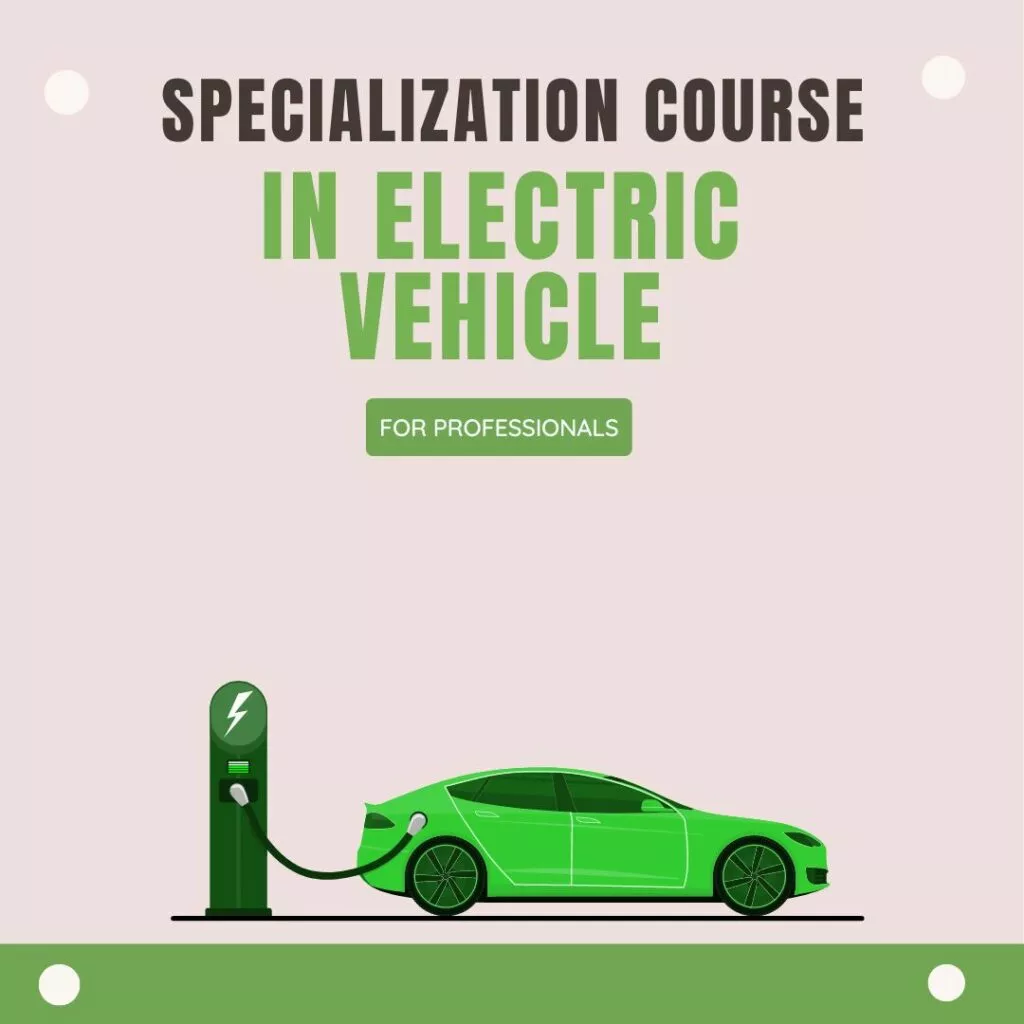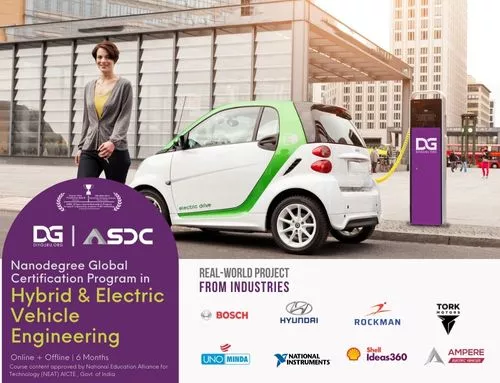Introduction:
In today’s rapidly evolving automotive industry, cutting-edge technologies are revolutionizing the way vehicles operate. One such innovation is the Vehicle Control Unit (VCU), a vital component that plays a crucial role in optimizing vehicle performance, efficiency, and safety. In this blog post, we will delve into the world of VCUs, exploring their functions, benefits, and impact on the automotive landscape.
What is a Vehicle Control Unit (VCU)
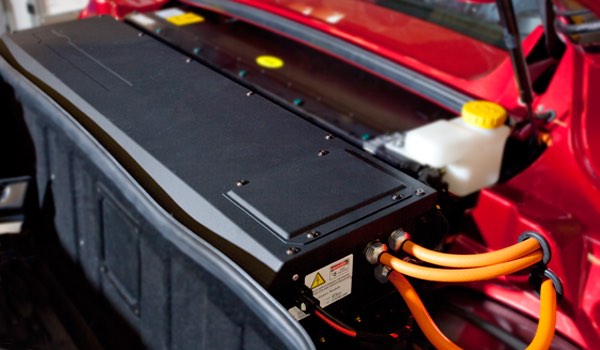
A Vehicle Control Unit (VCU) is a sophisticated electronic device that acts as the brain of modern vehicles, overseeing and controlling various systems and functions. It integrates multiple sensors, actuators, and software algorithms to monitor and manage critical aspects of vehicle operation, ensuring optimal performance and safety.
How Does a VCU Work
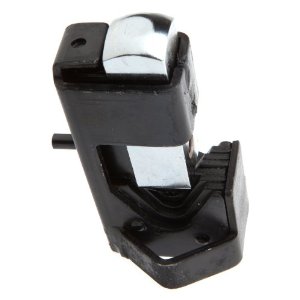
The Vehicle control unit receives data from a network of sensors strategically placed throughout the vehicle, including wheel speed sensors, throttle position sensors, accelerometers, and more. It processes this information using specialized software algorithms, making real-time decisions and sending commands to the relevant vehicle systems and components.
Key Functions of a VCU:
Power Management and Distribution: The Vehicle control unit regulates the flow of electrical power within the vehicle, optimizing battery usage and managing the charging process in hybrid and electric vehicles.
Vehicle Stability Control: By continuously monitoring sensor data, the VCU adjusts braking force, engine power, and other parameters to maintain stability and prevent skidding or loss of control.
Energy Management and Efficiency: VCUs play a crucial role in improving fuel efficiency and range in internal combustion engine vehicles, as well as maximizing battery performance in electric vehicles.
Fault Monitoring and Diagnostics: VCUs constantly monitor the vehicle’s systems for any abnormalities or malfunctions, providing early detection and triggering warning notifications or diagnostic codes.
The Benefits of Vehicle control unit Implementation:

Enhanced Performance and Efficiency: VCUs optimize vehicle systems, resulting in improved acceleration, handling, and fuel economy.
Improved Safety and Stability: By actively monitoring and adjusting vehicle dynamics, VCUs help prevent accidents and maintain control in challenging driving conditions.
Advanced Diagnostic Capabilities: VCUs enable efficient troubleshooting and diagnosis of vehicle issues, reducing maintenance costs and downtime.
Future-Proofing and Adaptability: VCUs are designed to accommodate future upgrades and new functionalities, ensuring vehicles remain up-to-date with emerging technologies.
VCU Applications in Electric Vehicles (EVs):
In electric vehicles, VCUs play a crucial role in managing battery charging and discharging, motor control, regenerative braking, and overall powertrain efficiency. They enable seamless integration of various electric vehicle components, providing a smooth and reliable driving experience.
VCU vs. ECU: What’s the Difference?
While a VCU focuses on overall vehicle control, an Engine Control Unit (ECU) specifically manages the engine’s performance. VCUs have a broader scope, overseeing multiple systems, including powertrain, chassis, and safety, whereas ECUs primarily regulate engine-related operations.
The Future of VCUs in Autonomous Vehicles:
As autonomous driving technology advances, VCUs will become even more critical. They will facilitate the integration of various sensors, lidars, radars, and cameras, enabling real-time decision-making for safe and efficient autonomous driving.
Conclusion:
The Vehicle Control Unit (VCU) is an indispensable component in modern vehicles, providing advanced control and optimization of critical systems. From enhancing performance and efficiency to improving safety and stability, VCUs are driving the evolution of the automotive industry. As technology continues to evolve, VCUs will play a pivotal role in shaping the future of autonomous and electric vehicles, ultimately revolutionizing our driving experience.
By integrating cutting-edge technology and intelligent algorithms, VCUs are paving the way for a safer, more efficient, and sustainable automotive landscape.
Keywords: Vehicle Control Unit, VCU, automotive performance, vehicle safety, power management, vehicle stability control, energy management, fault monitoring, diagnostics, electric vehicles, autonomous vehicles, ECU, future of VCUs.
FAQs:
Q1. What is a Vehicle Control Unit (VCU)?
Ans. A Vehicle Control Unit (VCU) is an advanced electronic device that acts as the brain of modern vehicles, overseeing and controlling various systems and functions to optimize performance and safety.
Q2. How does a VCU work?
Ans. A VCU receives data from sensors placed throughout the vehicle, processes it using specialized software algorithms, and makes real-time decisions to send commands to relevant vehicle systems and components.
Q3. What are the key functions of a VCU?
Ans. The key functions of a VCU include power management and distribution, vehicle stability control, energy management and efficiency, and fault monitoring and diagnostics.
Q4. What are the benefits of VCU implementation?
Ans. VCU implementation offers enhanced performance and efficiency, improved safety and stability, advanced diagnostic capabilities, and future-proofing and adaptability.
Q5. How are VCUs applied in electric vehicles (EVs)?
Ans. In EVs, VCUs manage battery charging and discharging, motor control, regenerative braking, and overall powertrain efficiency, ensuring a smooth and reliable driving experience.
Q6. What is the difference between a VCU and an ECU?
Ans. While a VCU focuses on overall vehicle control, an Engine Control Unit (ECU) specifically manages the engine’s performance. VCUs oversee multiple systems, while ECUs primarily regulate engine-related operations.
Q7. How do VCUs contribute to vehicle safety?
Ans. VCUs actively monitor and adjust vehicle dynamics, enabling accident prevention and maintaining control in challenging driving conditions.
Q8. Can VCUs diagnose vehicle issues?
Ans. Yes, VCUs constantly monitor vehicle systems for abnormalities or malfunctions, providing early detection and triggering warning notifications or diagnostic codes for efficient troubleshooting.
Q9. What role do VCUs play in autonomous vehicles?
Ans. VCUs are crucial in autonomous vehicles, facilitating the integration of various sensors, lidars, radars, and cameras, enabling real-time decision-making for safe and efficient autonomous driving.
Q10. How do VCUs future-proof vehicles?
Ans. VCUs are designed to accommodate future upgrades and new functionalities, ensuring vehicles can adapt to emerging technologies, thus remaining up-to-date.







